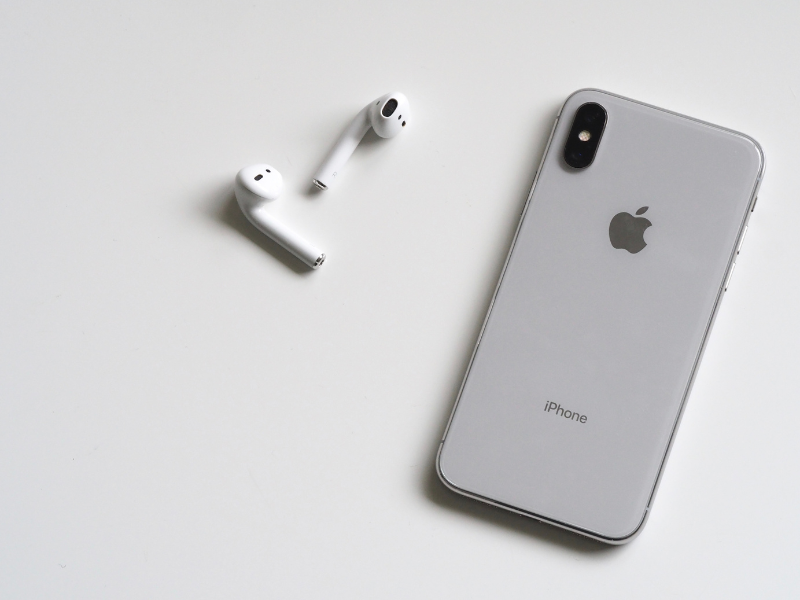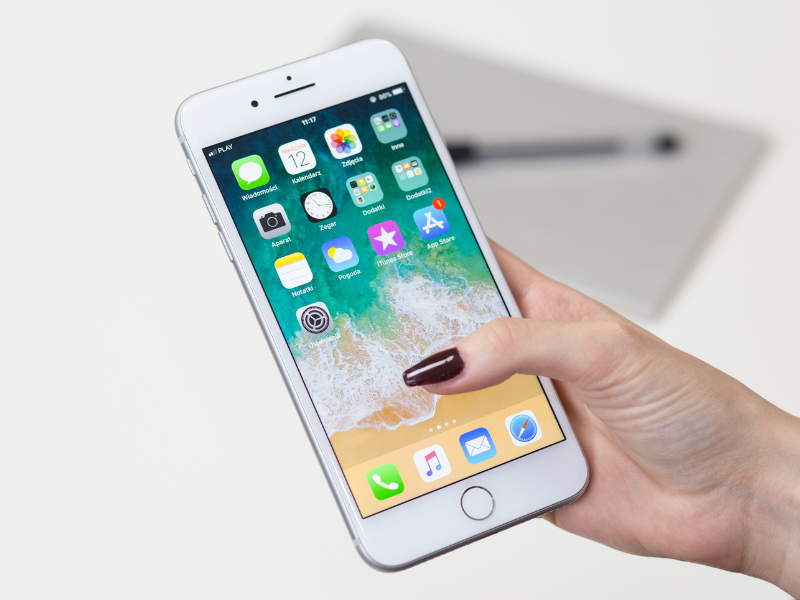Welcome to the world of iOS development! In this article, we will dive deep into the intricacies of iOS development, covering everything from the basics to advanced concepts. Whether you’re a beginner looking to start your journey or an experienced developer wanting to enhance your skills, this article is your ultimate guide to iOS development.
iOS Development

iOS development is the process of creating applications specifically designed for Apple’s operating system, iOS. With an ever-growing user base and a thriving App Store ecosystem, iOS offers immense opportunities for developers to create innovative and engaging mobile applications. Let’s explore the key aspects of iOS development and how you can become a proficient iOS developer.
Getting Started with iOS Development

Before diving into iOS development, it’s essential to have a solid foundation. Here are the key steps to get started:
- Set up your development environment:
- Install Xcode, Apple’s integrated development environment (IDE), which provides all the tools you need for iOS development.
- Familiarize yourself with the basics of Xcode, including project creation, interface layout, and debugging.
- Learn Swift programming language:
- Swift is the primary programming language used for iOS development.
- Start with the basics of Swift syntax, data types, and control flow.
- Explore advanced concepts such as optionals, closures, and generics.
- Understand the iOS architecture:
- Gain a deep understanding of iOS architecture, including the various layers, frameworks, and app lifecycle.
- Learn about the Model-View-Controller (MVC) design pattern, which is widely used in iOS development.
- Explore UIKit framework:
- UIKit is a framework that provides the building blocks for creating user interfaces in iOS apps.
- Get hands-on experience with UI components like views, controls, and navigation controllers.
- Learn how to design visually appealing and user-friendly interfaces.
- Dive into iOS development best practices:
- Familiarize yourself with industry best practices, including code organization, project structure, and efficient memory management.
- Pay attention to performance optimization, responsive design, and accessibility.
Advanced Topics in iOS Development

Once you have a good grasp of the fundamentals, you can explore advanced topics in iOS development to take your skills to the next level. Here are a few areas worth exploring:
- Core Data and Persistence:
- Learn how to integrate Core Data, Apple’s persistence framework, into your apps.
- Understand the concept of managed objects, relationships, and data modeling.
- Explore advanced techniques such as data migration and synchronization.
- Networking and APIs:
- Dive into the world of networking and learn how to integrate RESTful APIs into your iOS apps.
- Familiarize yourself with popular networking libraries like Alamofire and URLSession.
- Handle asynchronous operations, parse JSON responses, and handle error cases.
- Integrating third-party libraries and frameworks:
- Discover popular open-source libraries and frameworks that can accelerate your development process.
- Explore libraries for tasks like image caching, networking, and data validation.
- Learn how to integrate third-party libraries using Swift Package Manager or CocoaPods.
- User Authentication and Security:
- Understand the various authentication methods used in iOS apps, such as OAuth and Firebase Authentication.
- Explore techniques for securely storing sensitive user information, such as passwords and tokens.
- Implement security measures to protect user data and prevent unauthorized access.
- Testing and Debugging:
- Master the art of unit testing and UI testing to ensure your app’s reliability.
- Learn debugging techniques to identify and fix issues in your code.
- Familiarize yourself with tools like XCTest and Xcode’s built-in debugger.
Frequently Asked Questions (FAQs)
How long does it take to learn iOS development?
Learning iOS development is an ongoing process that requires dedication and practice. The time it takes to become proficient depends on various factors, including your prior programming experience and the amount of time you can dedicate to learning. With consistent effort, you can start building simple iOS apps within a few weeks to several months.
What are the career prospects for iOS developers?
iOS developers are in high demand, given Apple’s strong market presence and the popularity of iOS devices. With the right skill set and experience, you can find opportunities as a freelance developer, work for established companies, or even develop your own successful app.
How can I stay updated with the latest iOS development trends?
To stay updated with the latest iOS development trends, it’s important to be an active part of the developer community. Join online forums, attend conferences, and follow industry-leading blogs and publications. Apple’s developer documentation and WWDC sessions are also excellent resources for staying abreast of the latest updates.
Are there any resources to help me learn iOS development?
There are plenty of resources available to learn iOS development. You can start with Apple’s official documentation, which provides comprehensive guides and tutorials. Online learning platforms like Udemy and Coursera offer iOS development courses, and there are numerous books and video tutorials available as well.
Conclusion
iOS development offers endless opportunities for developers to create amazing apps for Apple’s ecosystem. In this article, we explored the key aspects of iOS development, from getting started to advanced topics. Remember, becoming a proficient iOS developer requires continuous learning, practice, and staying updated with the latest trends. So, roll up your sleeves, grab your Mac, and embark on an exciting journey of iOS development. Happy coding!
